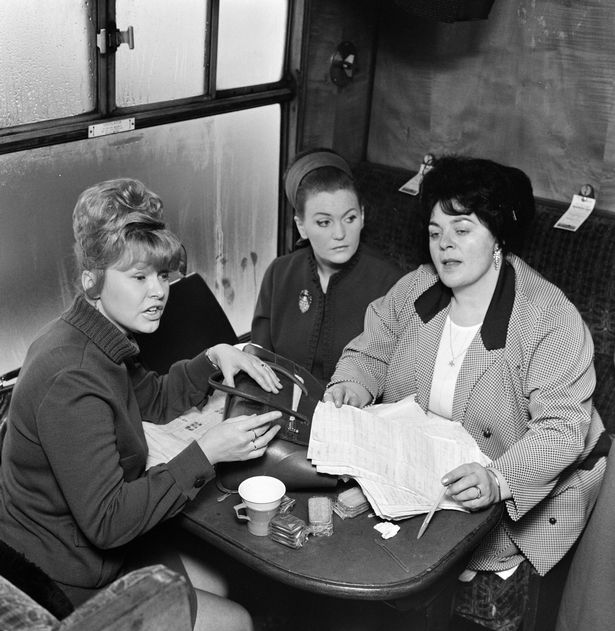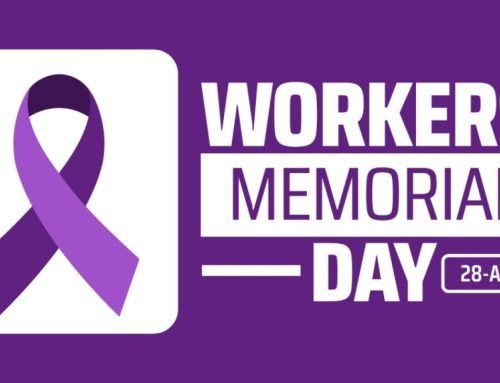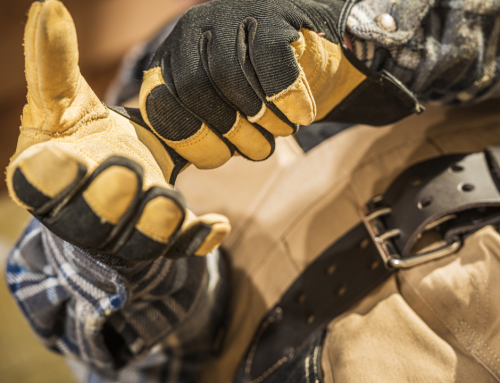The “Headscarf Revolutionaries” formed from the 1968 triple trawler disaster and the women who made a stand for change.
The last of four women, Yvonne Blenkinsop, who campaigned for better safety on Hull’s fishing trawlers in 1968 has recently died. It is appropriate to remember the contribution Lillian Bicocca, Christine Jensen, Mary Denness and Yvonne, known as the “Headscarf Revolutionaries” made to better safety in the trawling industry, making the lives of thousands of seamen much safer.
Yvonne Blenkinsop, the last remaining member of the Headscarf Revolutionaries, died at the age of 83. Then a cabaret singer and mother-of-three, Yvonne knew the heavy price that could be paid for earning a living at sea. Her family had gone to sea for generations. Her father had turned down a place on the Lorello, which went down in 1955 with the Roderigo, claiming 40 lives. He later died, suffering a heart attack at sea with no chance of medical help.
At the time when deep-sea fishing in Arctic waters was the most dangerous work anywhere, the Hull trawler fleet was the biggest fishing fleet in the world. It is estimated that more than 6,000 trawlermen from Hull alone perished between 1835 and 1980.
Over 26 days in January 1968 the fishing community in Hull was devasted by the sinking of three trawlers; the St Romanus, the Kingston Peridot, and Ross Clevela; which resulted in 58 lost lives.
The news of the three lost trawlers and the deaths of so many men hit hard at the whole of the close-knit fishing community in Hull. Led by fisherman’s wife Lil Bicocca, and mobilising 300 local women, the Hessle Road Women’s Committee was formed. They gathered over 10,000 signatures, established a “Fishermen’s Charter” containing 88 proposals outlining how to make the industry safer, as well as a direct-action campaign picketing docks and targeting trawler company offices, and building mass media coverage along the way.
Taking their campaign to the Prime Minister, in just 6 weeks they achieved sweeping improvements to safety measures across the industry. This included the mandatory introduction of radio operators for all ships, better weather forecasting, training for young deckhands, a stop to under manning, more safety equipment and a “mother ship” with hospital facilities to patrol with the fleet.
Support for the campaign grew and spread from the families of Hessle Road to other fishing communities, such as Fleetwood, Grimsby and Aberdeen. Eventually it brought about changes which drastically improved the safety of British fishermen.
Individuals can make a difference.
Picture courtesy of Mirrorpix. Pictured are (from left) Yvonne Blenkinsop, Mary Denness and Lillian Bilocca, in 1968.




